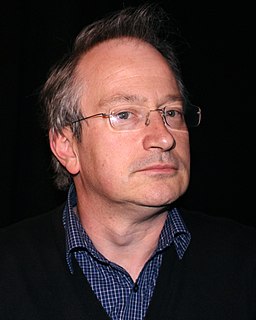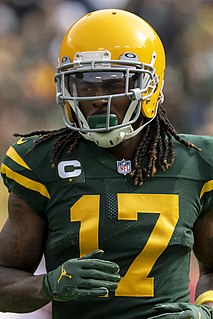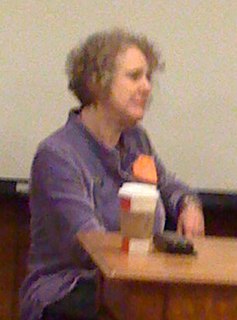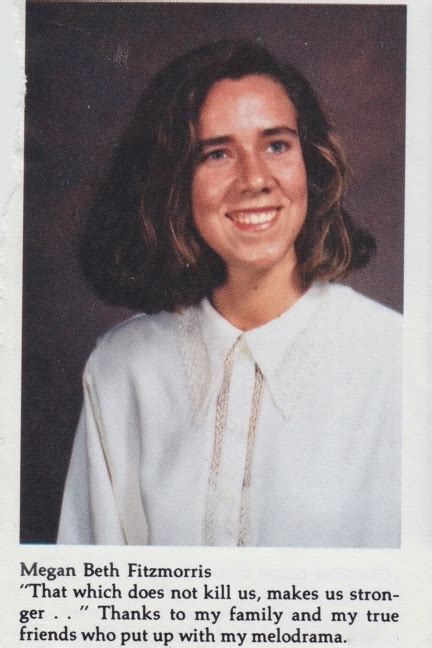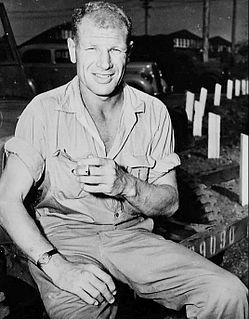A Quote by Robin Ince
One idea I explore in my stand-up show is whether, if you try looking at the universe rationally and avoid coping mechanisms like mysticism or religion, you can still be happy knowing you are going to die after a brief time on this spinning ball.
Related Quotes
I'm a people pleaser by nature, and I want to make everybody happy. But at the same time, it's not fulfilling to make everybody happy. What's fulfilling is to stand for something that's right. Now that doesn't mean you're going to be perfect. We're going to fall and we're going to mess up every day, but we can at least try to stand for something. When you stand for something, then you won't fall for everything else around you.
Harmonizing religion and science makes you seem like an open-minded and reasonable person, while asserting their incompatibility makes enemies and brands you as “militant.” The reason is clear: religion occupies a privileged place in our society. Attacking it is off-limits, although going after other supernatural or paranormal beliefs like ESP, homeopathy, or political worldviews is not. Accommodationism is not meant to defend science, which can stand on its own, but to show that in some way religion can still make credible claims about the world.
We're not all perfect. People always say to me: "Oh you seem happy all the time." But I'm not happy all the time. I'm a human being. I'm very sensitive. I hurt like anybody else. But I do try my best to have a good attitude and I set about tryin' to take care of myself knowing I'm not going to be exactly right, so I just try to see what I can do to improve every single day.
I am really touched and surprised that your generation [of millenials] feels that way, and I'm really happy the work stands up. But that show [Seinfeld] is going to stand up for all time: it's one of the greatest things that has ever been written, and still speaks to the quirks of being a human being no matter what the era.
I loved working in stand-up, and I always dreamed that I could make a movie about it. I didn't know if I would have the courage to, because if you make a bad movie about stand-up, then comedians will mock you for the rest of your life. They're still mad about movies made 25 years ago. But it was always a dream of mine, and I was glad I finally came up with an idea that allowed me to explore it in such a way that it's not all about stand-up, but stand-up creates a great backdrop for another type of story.
I always felt that organized religion was just basically a theological insurance scam where they're saying if you spend time with us, guess what, you're going to live forever, you're going to go to some other plain where you're going to be so happy, you'll just be happy all the time, which is also kind of a scary idea to me.
Of course, mysticism is very hard to isolate because, given the kind of consciousness that I was sort of instructed in as religious consciousness; that borders on mysticism so closely that it's hard to know whether you qualify or not, or whether mysticism is artificially isolated when it is treated as a separate thing from experience. Obviously, mysticism can be a form of madness, but then consciousness can be a form of madness.
